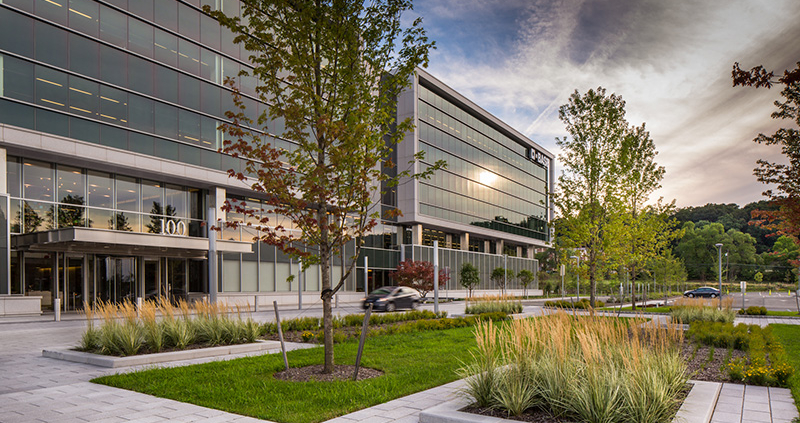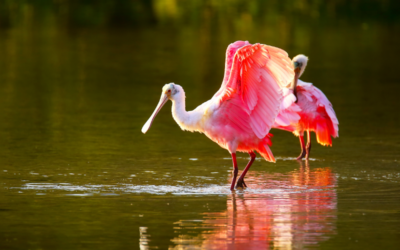New White Paper Examines Opportunities for the Corporate Campus to Benefit Biodiversity, Employees and Communities
SILVER SPRING, MD, OCTOBER 19, 2016 – Wildlife Habitat Council (WHC) announces a new white paper available for download today, Reimagining the Corporate Campus, Creating Impactful Outcomes that Benefit Biodiversity and Communities. The white paper is available for free at www.wildlifehc.org/whitepapers.
The white paper demonstrates how new and existing corporate campuses can incorporate nature in their designs and realize the cost savings of native landscaping, the human benefits of a more natural setting, and the opportunity to restore productive habitat and reconnect a fragmented suburban landscape.
Reimagining the Corporate Campus highlights case studies of various strategies WHC members have taken that have proven successful in advancing biodiversity on a corporate landscape. Case studies include:
- Reduced mowing: DuPont, General Motors
- Native landscaping: Benjamin Moore, Ricoh Americas
- Conservation education: Bayer Corporation
- Avian nesting habitat: Bristol-Myers Squibb, The Dow Chemical Company
- Stray and feral cat control: Exelon Corporation
- Invasive species control: Pfizer
In addition, this new white paper complements a General Session and Workshop on Day 2 of the WHC Conservation Conference, starting at 8 a.m., Thursday, November 3 at the Baltimore Hilton. Registration information can be found here.
The General Session, ”Reimagining the Corporate Campus,” will be presented by Claudia West, Landscape Designer and Author, and Naomi Edelson, Senior Director, Wildlife Partnerships, National Wildlife Federation. The session will be introduced by Derek Fairclough, Senior Vice President, Environmental, Health and Safety, BASF Corporation. Mr. Fairclough will also present the 2016 Wildlife Habitat Council Landscaping Award to one of the following finalists: California Resources Corporation; General Motors and ITC Holdings.
Wildlife Habitat Council thanks BASF Corporation for their sponsorship of this white paper.
About Wildlife Habitat Council
Wildlife Habitat Council promotes and certifies habitat conservation and management on corporate lands through partnerships and education. WHC programs take corporate sustainability goals and objectives and translate them into tangible and measurable on-the-ground actions. Through a focus on building collaboration for conservation with corporate employees, other conservation organizations, government agencies and community members, WHC programs focus on healthy ecosystems and connected communities. WHC-assisted wildlife habitat and conservation education programs are found in 48 states, the District of Columbia and 17 countries. www.wildlifehc.org
###








